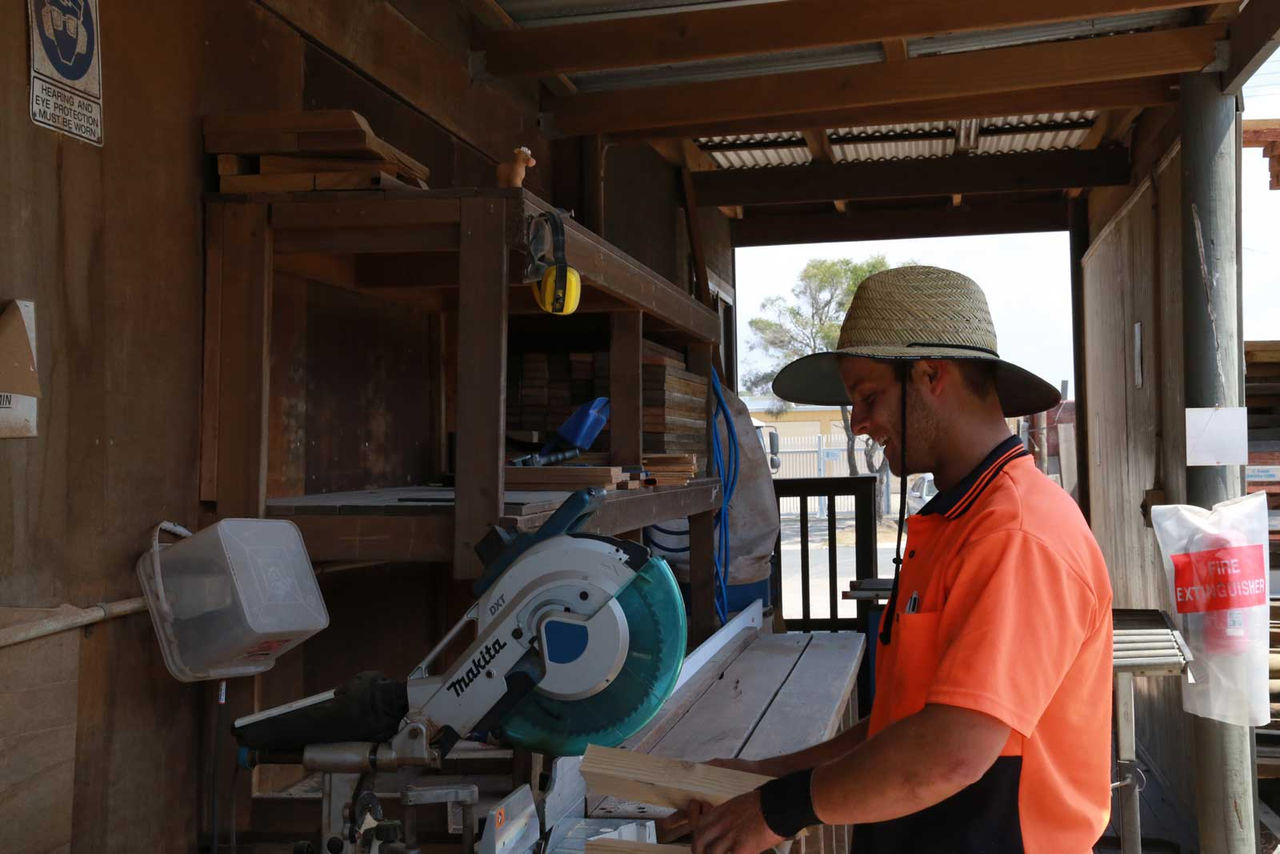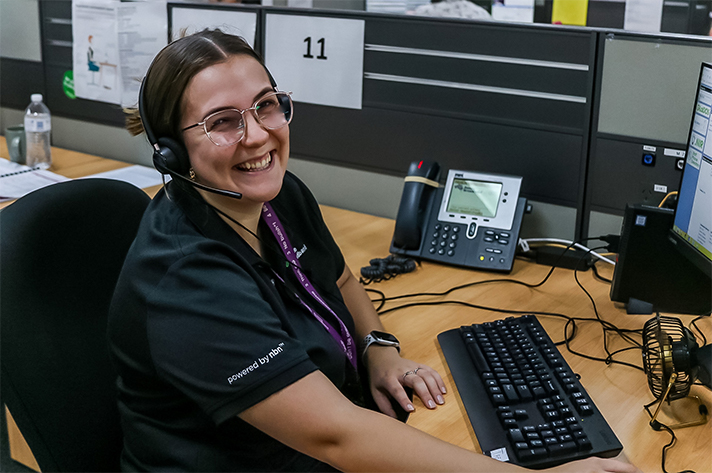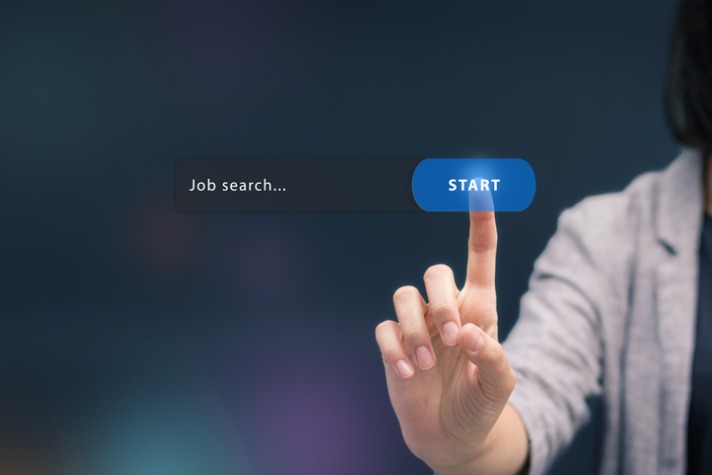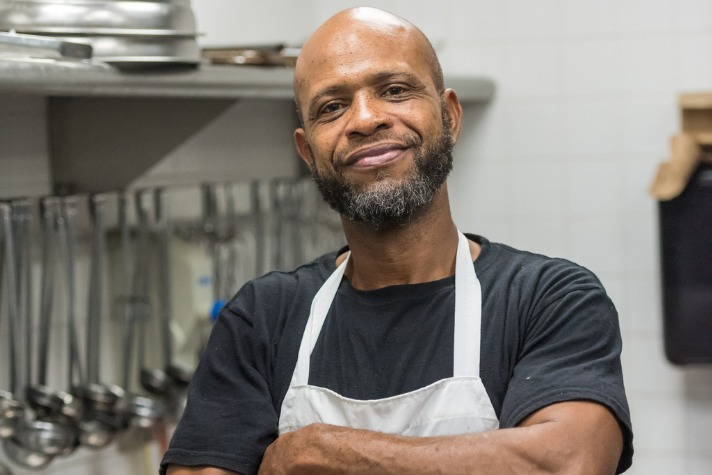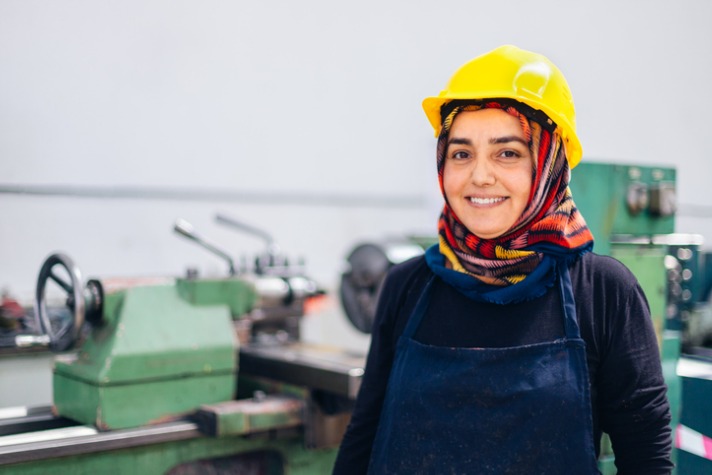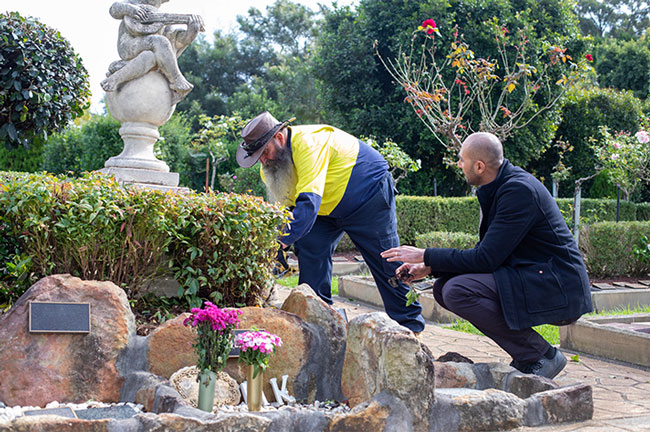Hiring mature-age job seekers
Published by MAXSolutions on May 24, 2020

Mature-age Australians are joining the multitude of Australians who now find themselves out of work due to the economic impact of the coronavirus pandemic.
Concerns about ageism in the workforce exist in the most normal of economic circumstances and an incredibly competitive job market is no doubt going to exacerbate the perception of ageism, and potentially the reality.
If you’re an employer, what should you know about hiring mature-age job seekers as you adjust to the emerging employment landscape?
Let’s look at why you should intentionally discard ageism and concentrate on finding the best person for the job.
What can older workers bring to your business?
More mature employees are more likely to stay longer
A long-standing ageist concern is that mature-age employees won’t stay long – ready to retire and begin a life of golf or gardening at any time.
This is a myth that’s been soundly debunked. Sydney-based McCrindle Research shared survey results which revealed the 45+ age group as having the longest job tenure of any age group.
In fact, at six years and eight months, the average in this age group is over two and a half years longer on than even the second longest demographic (35-44 years).
Employees aged between 25 and 35 years stay in a job on average, just two years and eight months.

Job tenure statistics shared by McCrindle Research.
With mounting pressure from the government to keep people in the workforce longer, an older worker may prove to be a loyal employee offering a high return on initial training investment.
Digital literacy is becoming more common among mature age workers
While in the past it might have been a fair assumption that fifty-year-old wouldn’t have had much exposure to computers and the internet, times have absolutely moved on. A 50-year-old today was born in 1970 and was in just their early 30’s when the internet started to gain traction in the mid 1990’s early 2000’s.
With the proliferation of computers across workplaces since before that time, a good portion of mature-age job hunters will have been using technology for many years and have a high degree of digital literacy. The chances that they’re on Snapchat or TikTok might be lower, but few roles require those specific skills!
Mature age employees can be a huge asset
Bringing years of experience across different organisations, possibly sectors and jobs, mature-age workers can bring a unique set of ideas and a fresh set of eyes into a role.
Further, having worked with a wide range of people over the years, there’s a possibility that not only will a mature employee have the capacity to work effectively with a wide range of stakeholders, but they may also bring an ability to mentor younger staff and inspire them to better performance.
If you have the capacity to harness that experience and use it in your workforce, you might be surprised how much this employee can offer your business.
What can employers do when hiring?
Be open to mature-age workers
Many of the traditional arguments for avoiding hiring mature age employees are no longer an issue. The increasingly tech-savvy and stable demographic is definitely worth considering when you’re speeding through the application pile.
If you have concerns about a candidate’s digital literacy, can this barrier easily be overcome with a short course? Or some on-the-job training? You may find that this training is easy compared with training someone with advanced technology skills but far less experienced in other aspects of the job.
The important thing is to be open to the possibility.
Interview the most suitable candidates
It’s always important to hire the best candidate for the job. There are, of course, many aspects to this, but age is not one of them.
These are the kinds of things that matter:
- Experience
- Qualifications
- Job fit
- Team fit
If a more mature candidate has the potential for the first three, try interviewing them at least. You’ll quickly deduce if they’re going to fit the team, and you may just buy yourself a whole load more experience, qualifications and job fit than you bargained for.
Consider any incentives that might benefit your business
The Australian Government does provide a financial incentive (called Restart) of up to $10,000 to encourage businesses to hire and retain mature age employees (50 years of age and over).
States, territories and local councils may also have incentives on offer.
Talk to our Employer Business Centre to find out if your business is eligible. The MAX team is here to support you as you look to find the right candidates for your business. Contact the team on 1800 603 503 to find out more.
MAX can also provide support with fitness for duty assessments through Injurynet.
As a manager or employer, are you ready to purposefully discard ageism, consider hiring a mature-age job seeker and find the best person for the job?
Share
Tags
Found this useful?
Help and advice
Our blogs are about helping people seek the information that they need for their steps in the workforce.




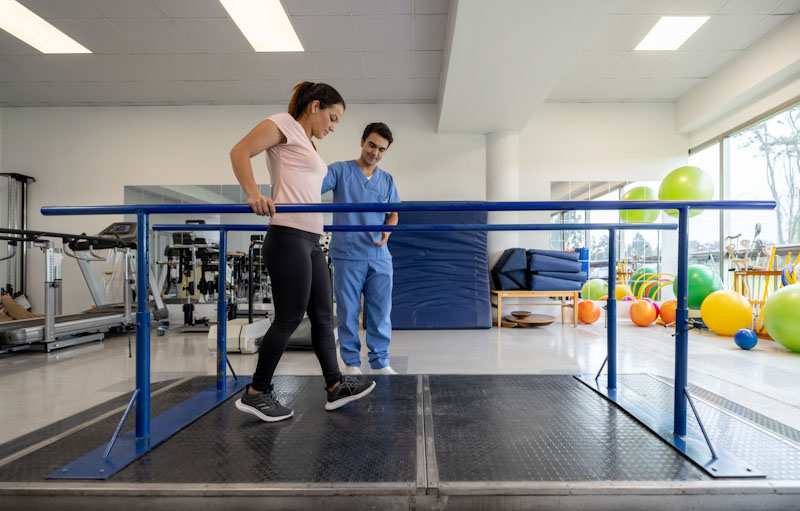

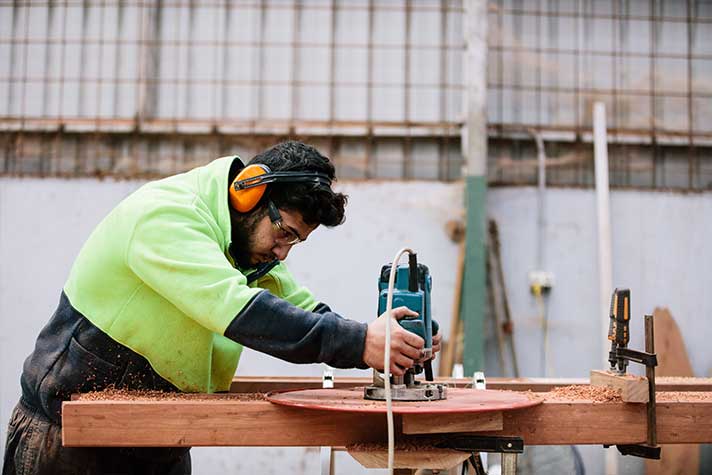

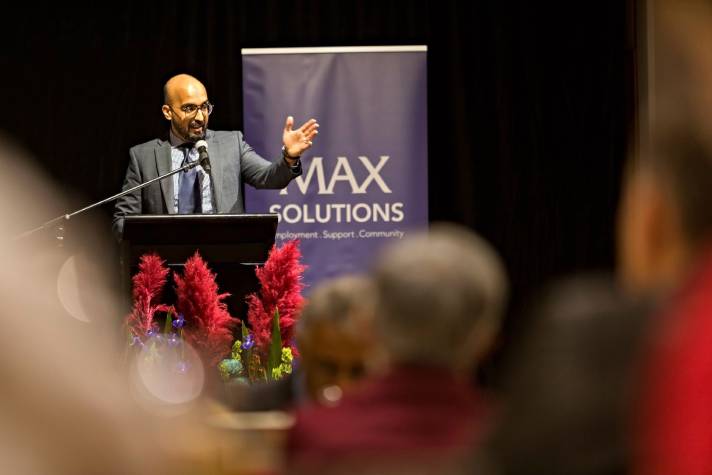
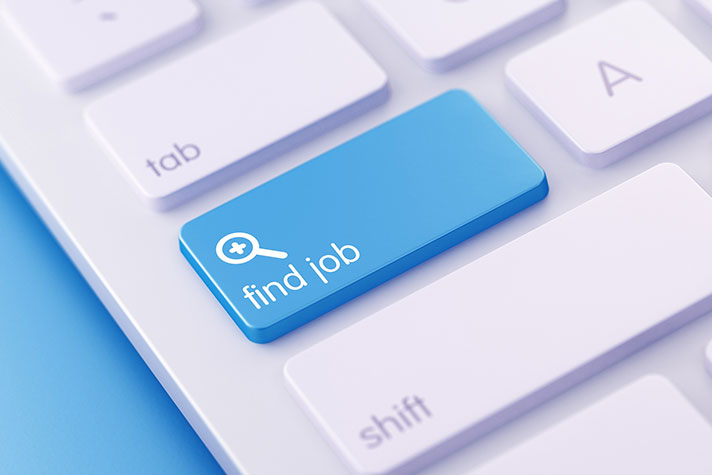




_1.jpg)
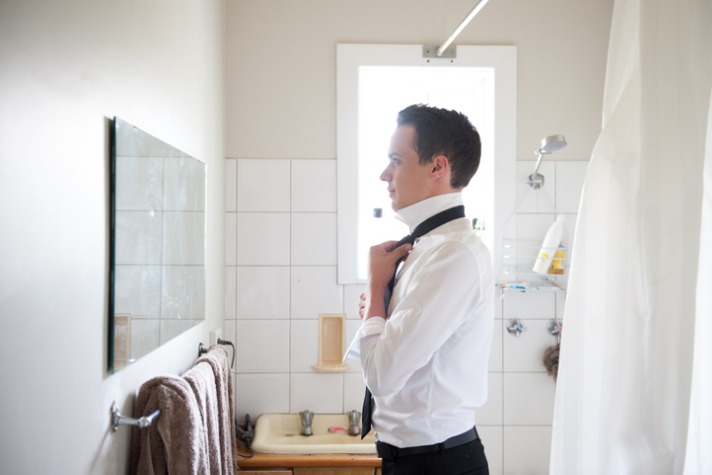


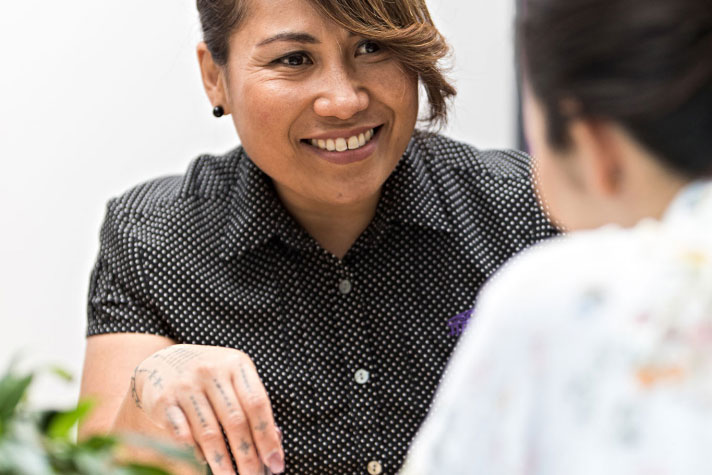
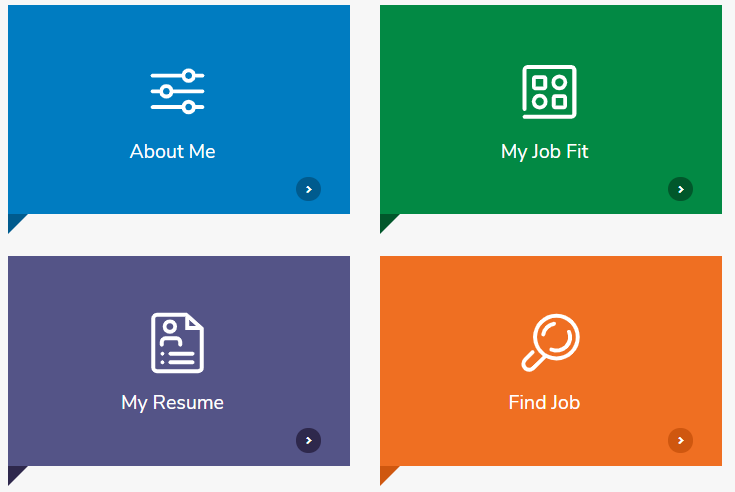

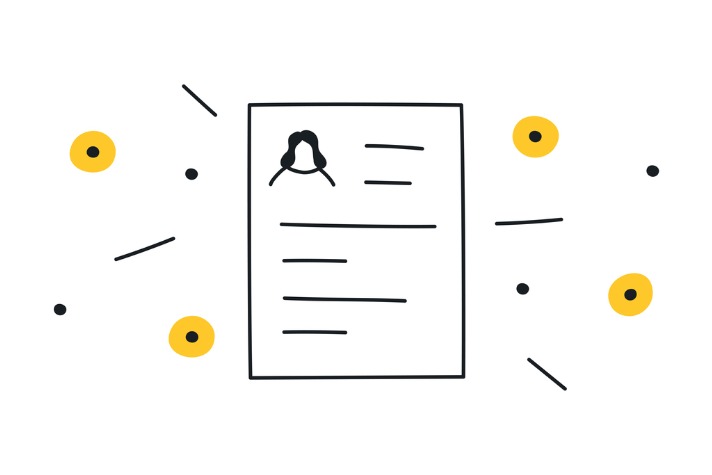












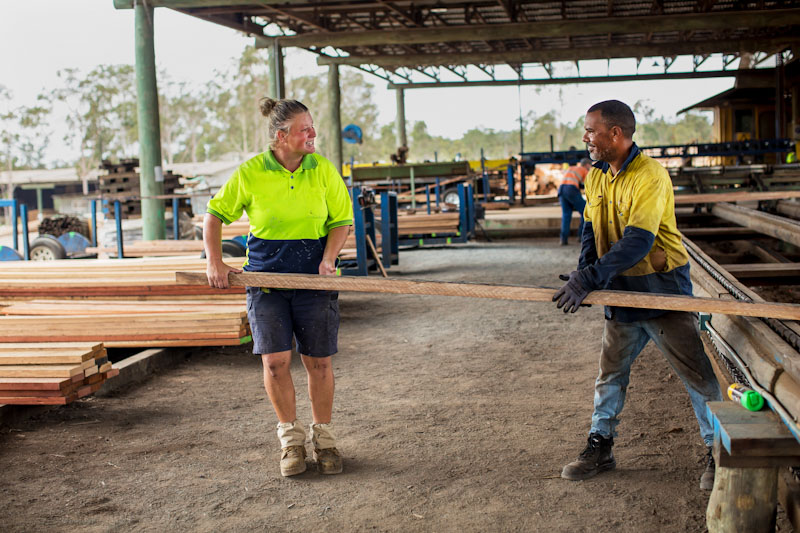
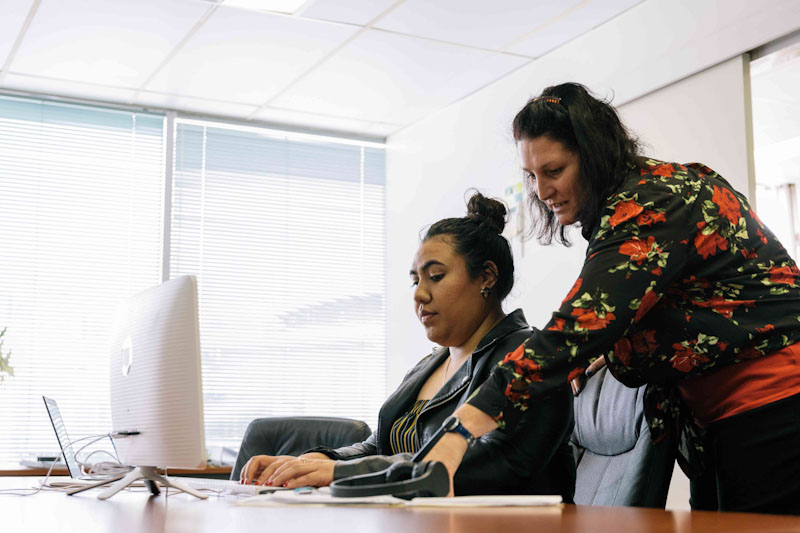




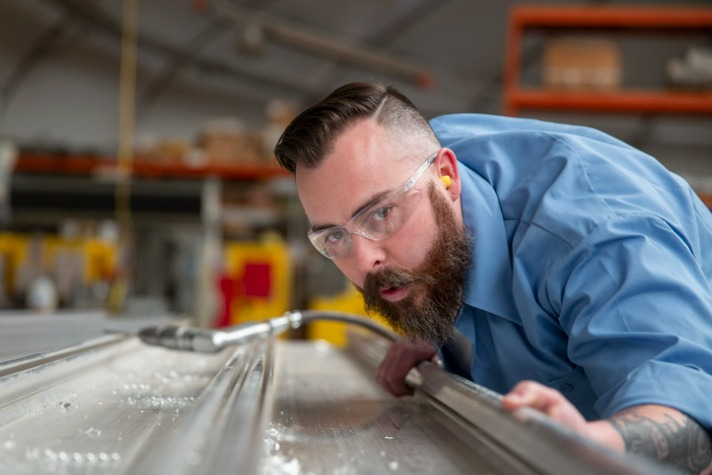

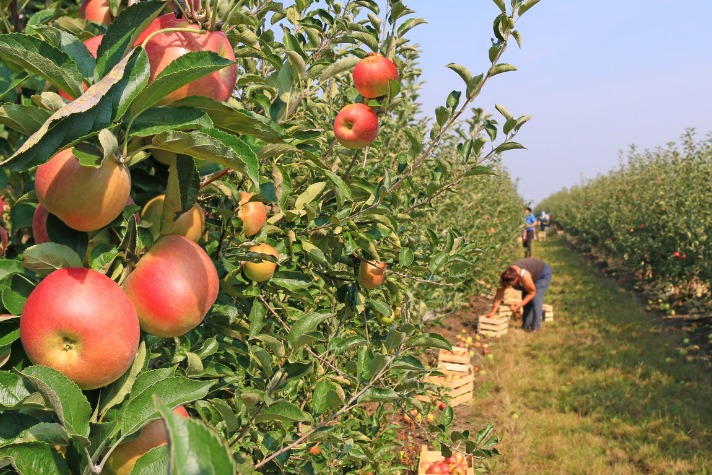

.jpeg)
